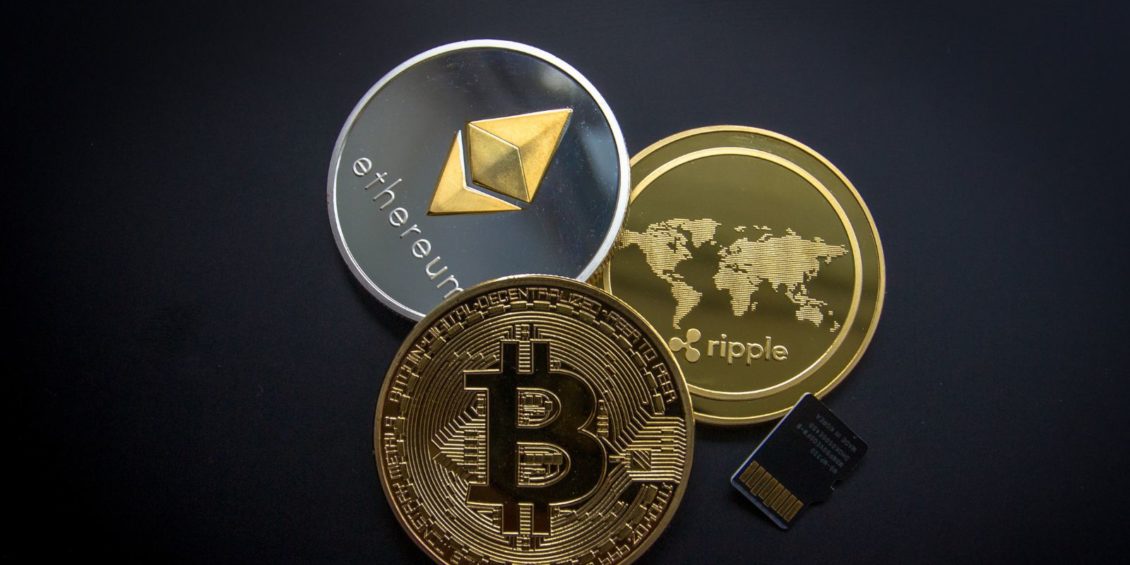With the rise in popularity of cryptocurrencies and Blockchain technology, is it possible that crypto could one day replace fiat money? If you are new to Crypto trading and investments then you must visit https://bitcoinloopholeapp.com/. In the below-mentioned portion, we’ll be exploring how the constant inflation of fiat currency has become a common problem in developed world countries, as well as exploring whether Bitcoin or Crypto could be able to provide a solution.
We’ll also examine how this new technology will affect consumer purchasing power. Ultimately, we’ll conclude that while cryptocurrency may have some advantages over standard money, its adoption will likely not happen shortly.
Getting to the Point: The Fiat vs Crypto Debate
Fiat or fiat-equivalent means the currency must be backed by a government’s willingness to accept it as legal tender. In other words, the government determines what people can use it for. It means that if you don’t have a significant amount of assets in your name, you can’t use them for everyday transactions. Although a few nations allow their citizens to opt-out of this system, most do not, and fiat money is still used worldwide.
On the other hand, crypto is a currency that relies on cryptography and consensus mechanisms to verify its value. Moreover, cryptocurrency doesn’t have to be issued by a government or centrally controlled entity to be considered fiat. Instead, “cryptocurrency” may refer to public and private currencies relying on decentralized ledgers to verify their value and provide transparency over their accounting mechanisms.
When the Federal Reserve was created in 1913, it oversaw the design and implementation of U.S. dollar coins and notes. The creation of this single entity resulted in the widespread use of fiat currency in America and elsewhere. Over time, most developed world countries have raised concerns about currency supply and inflation rates. In the below-mentioned portion, we’ll explore these problems and examine how cryptocurrencies may address them.
Problems with Current Fiat Currencies
The Fed has a long-standing reputation for creating rapid inflation. Since 1913, the dollar has lost over 95% of its value. Many find this a severe problem that devalues the dollar’s purchasing power and threatens people’s faith in fiat currency altogether.
When a government allows a central entity to use fiat currency creation as a tool for economic stimulus, they are essentially destroying the value of their currency. Most developed world nations have been doing this on some level since 2008. It is especially true in nations that have adopted quantitative easing programs.
In QE, central banks print money out of thin air to buy their own government’s bonds. These bonds are considered safer investments than fiat currency, and the U.S. has been doing this since the Great Recession hit. For example, in December of 2012, the Fed announced that it would be buying $85 billion worth of mortgage-backed securities from Fannie Mae and Freddie Mac per month until further notice. As a result of this action, the MBS market had ballooned to $1.5 trillion by 2016.
The Fed’s original intent was to stimulate growth in America’s housing sector through this program. Still, it hasn’t helped much at all and has significantly damaged our economy as a whole. The Fed’s original intent was to stimulate growth in America’s housing sector through this program. Still, it hasn’t helped much at all and has significantly damaged our economy as a whole. Moreover, inflation is especially problematic for those already suffering from high debt levels.
Cryptocurrencies to the Rescue:
While inflation has made fiat currency increasingly worthless, cryptocurrencies may solve the problem. For example, Bitcoin showed potential for becoming a global currency in 2022, when its price grew by more than 500% in a year, driving investors to invest in it. Thus far, Bitcoin’s price has dropped more than 50% from its all-time high of around $65000 per coin. While this trend may scare some investors away, the technology behind Bitcoin and other cryptocurrencies could potentially stop governments from creating money out of thin air at will.
Cryptocurrency has already disrupted conventional financial markets because it is relatively anonymous and based on decentralised digital ledgers across a network of computers. It means that users can be confident that their transactions are secure and that no central entity is capable of manipulating them. It is believed that the Chinese government released large amounts of digital Yuan to stop capital flight from its economy. It led to virtual currency becoming the preferred means of payment in response.
As a result, several countries are now considering monetary policy involving cryptocurrency. Overstock is also planning to introduce an “Ethereum” based peer-to-peer currency that many believe could completely do away with central banks. So far, however, none of these projects has seen significant traction in mainstream markets as they continue to face problems with scalability and market regulation.








Leave a Reply
View Comments